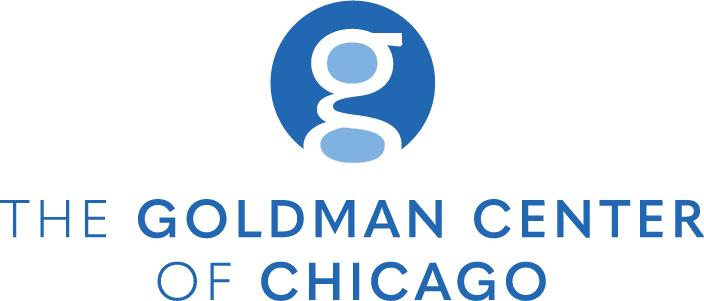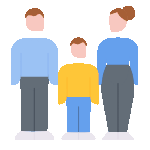Following a diagnostic evaluation, a pediatric neuropsychologist might provide recommendations for other services. ABA therapy is often recommended if children receive a diagnosis of autism spectrum disorder (ASD).
What is ABA therapy?
Applied behavior analysis (ABA) therapy is used to help understand a person’s behavior and learning. ABA therapy focuses on the function of behavior and the environment in which it occurs. It helps us to understand how a behavior works, how a behavior is affected by an environment, and how learning takes place. The ultimate goal of ABA therapy is to increase behaviors that are helpful and decrease behaviors that are harmful or affect learning to maximize a child’s success and happiness. ABA therapy often targets behaviors that have a social significance.
What is Behavior?
Behavior is anything a person does. Talking, learning, and playing are examples of behavior.
What does ABA therapy Do?
ABA therapy looks at the many aspects of behavior in an attempt to understand the purpose of a child’s actions and the circumstances in which those actions occurred. ABA therapy helps to improve social behavior by developing new skills, adjusting previously learned skills, and teaching more functional ways of doing things.
What does ABA therapy look like?
ABA therapy is highly individualized, so services can look different for every child. Since ABA is a more intensive type of therapy, services could be recommended for up to 40 hours per week. However, every child is different, so this is not necessarily the case for everyone.
Who provides ABA therapy?
Due to the number of hours recommended for ABA therapy, there is often a team of therapists. The lead therapist on the team is a Board Certified Behavior Analyst (BCBA). The BCBA will typically provide the ABA assessment, create the care plan, and oversee the direct therapy services. The team can also include ABA therapists who work under the supervision of the BCBA and provide direct therapy services.
The ABA team will evaluate a child’s behavior and develop a treatment plan that will provide them with the communication and behavior skills necessary to succeed. In addition to decreasing challenging behaviors, ABA can help increase language and communication skills, improve attention, focus, social skills, memory, and academics.
The areas ABA therapy focuses on are:
- Communication and language
- Social skills
- Self-care
- Play and leisure
- Motor skills
- Learning and academic skills
Where does ABA therapy Occur?
ABA therapy occurs in a variety of settings including schools, homes, and community centers. It can involve one-on-one treatment or occur in a group setting. The location and style of therapy is dynamic and is determined by what works best for the child at the time of therapy.
Do you have questions about ABA therapy or diagnostic evaluations? Contact the team at the Goldman Center of Chicago to learn more about the services we offer and discuss next steps.









